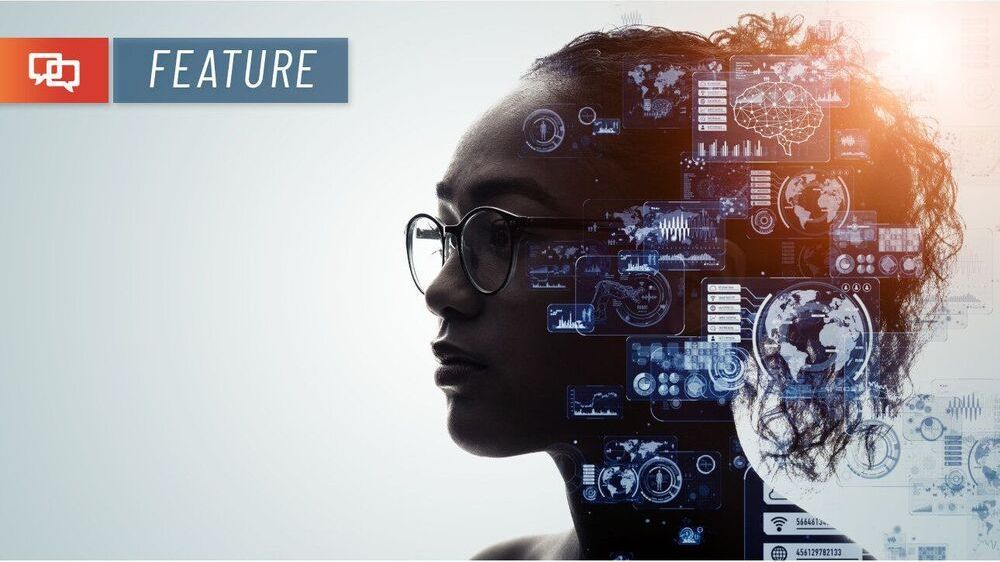FEATURE (THE CONVERSATION) — The history of humans’ use of technology has always been a history of co-evolution.
Philosophers from Rousseau to Heidegger to Carl Schmitt have argued that technology is never a neutral tool for achieving human ends. Technological innovations – from the most rudimentary to the most sophisticated – reshape people as they use these innovations to control their environment. Artificial intelligence is a new and powerful tool, and it, too, is altering humanity.
Writing – and later, the printing press – made it possible to carefully record history and easily disseminate knowledge, but it eliminated centuries-old traditions of oral storytelling. Ubiquitous digital and phone cameras have changed how people experience and perceive events. Widely available GPS systems have meant that drivers rarely get lost, but a reliance on them has also atrophied their native capacity to orient themselves.
